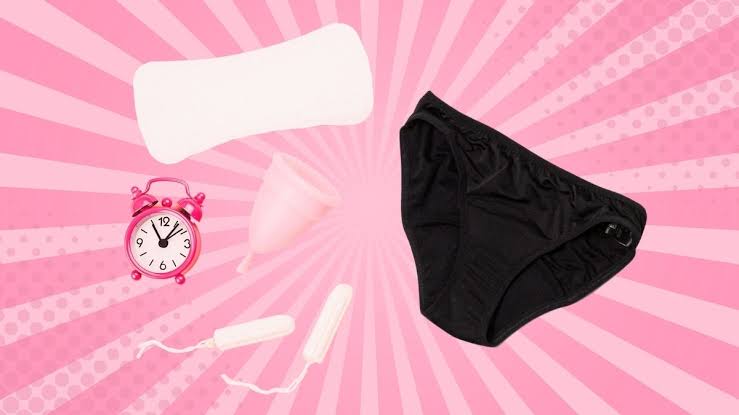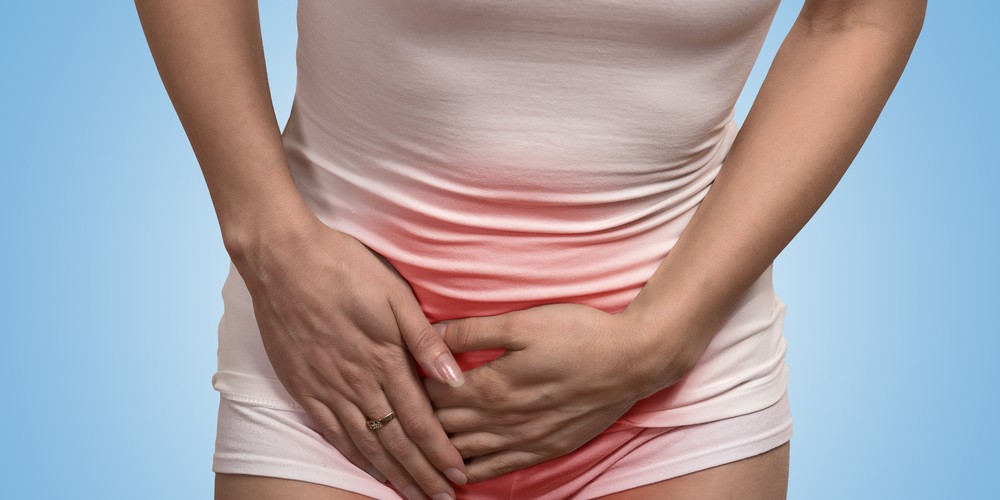If you’re reading this, chances are you’ve experienced the discomfort of a rash caused by using pads. Don’t worry, you’re not alone. Many women have faced this issue at some point in their lives. But why does it happen? Can pads really cause rashes? Well, in this article, we’re going to dive deep into this topic and explore the possible causes of pad rashes.

We’ll start by understanding what exactly a pad rash is and how it differs from other types of rashes. Then, we’ll explore the common culprits behind pad rashes, such as chafing, improper washing, infrequent changing, and even allergic reactions. But don’t worry, we won’t leave you hanging without solutions! We’ll also provide you with some practical tips to prevent and soothe pad rashes, including choosing the right sanitary pad.
Contents
Can Pads Cause Rashes?
The truth is, sanitary pads can indeed cause rashes, especially when there is prolonged contact with the skin.
Here are a few reasons why pads can lead to rashes:
- Chafing: Friction from pads that constantly move can rub against the delicate skin of your vulva, causing irritation and discomfort. To prevent this, make sure to find the right pad size that fits snugly and isn’t prone to shifting.
- Improper Washing: If you’re not washing your pads properly, residual detergent or fabric softener can irritate the skin. It’s important to follow the cleaning instructions provided by the manufacturer to ensure thorough and gentle cleansing.
- Infrequent Changing: Leaving a pad on for too long can create an environment for bacteria to thrive, leading to irritation and potential infections. It’s crucial to change your pad regularly, especially during heavy flow days, to maintain hygiene and minimize the risk of rashes.
- Allergic Reactions: Some women may develop an allergic reaction to the materials or chemicals used in certain pads. These allergies can manifest as redness, itching, or a rash. If you suspect an allergy, consider switching to hypoallergenic or organic pads, which are less likely to cause irritations.

Common Symptoms of Pad-Related Rashes
When it comes to pad-related rashes, there are some common symptoms to watch out for. If you experience any of the following, it’s possible that your rash is caused by your pads:
1. Itchiness: One of the most common symptoms of a pad-related rash is intense itching. You may feel a constant need to scratch the affected area, which can be quite uncomfortable.
2. Redness: Another telltale sign of a pad-related rash is redness. You may notice that the skin surrounding your vaginal area is redder than usual. This redness can range from a mild pink hue to a deeper, more pronounced shade.
3. Bumps: In addition to itchiness and redness, pad-related rashes often result in the formation of small bumps on the skin. These bumps can vary in size and texture, and they may be clustered together or spread out across the affected area.
4. Blisters: In some cases, pad-related rashes can progress to the point where blisters form on the vulva. These blisters may be filled with fluid and can be painful or tender to the touch.
Tips for Preventing Pad-Related Rashes

As someone who has experienced pad-related rashes, I understand how uncomfortable and frustrating they can be. But don’t worry, there are steps you can take to prevent them in the first place. Here are some helpful tips:
1. Regularly Change Pads
One of the most important things you can do to prevent pad-related rashes is to change your pad regularly. Remember, it’s not healthy to wear the same pad for a long period of time. If you’re a busy working lady or a student, don’t wait until you get home to change your pad. Using the same pad for an extended period can lead to infections. So, make it a point to change your pad regularly to avoid rashes and infection.
2. Choose Pads with Breathable Materials
The material of the pad plays a crucial role in preventing rashes. Look for pads that are made from breathable materials. All-natural pads made of cotton with no dyes or irritating adhesives may be the best option for some types of skin. These pads are usually fragrance-free as well, further reducing the risk of irritation. When your skin can breathe, you’re less likely to develop a rash.
3. Avoid Pads with Fragrances and Dyes
Fragrances and dyes added to pads may seem appealing, but they can actually be irritating to sensitive skin. These additives can potentially cause an allergic reaction, leading to a rash. To minimize the risk, opt for non-scented pads instead. Consider choosing cotton pads or organic cotton pads, which are less likely to cause irritation.
Treating Pad-Related Rashes
1. Keep the Area Clean and Dry
To effectively treat pad-related rashes, it is crucial to maintain proper hygiene in the affected area. Use warm water to clean the vaginal area regularly. After washing, gently pat the area dry with a soft towel. Avoid rubbing, as it can cause friction and further irritation.
2. Use Topical Creams or Ointments
Topical creams and ointments can provide relief and aid in the healing process of pad-related rashes. However, it’s essential to consult your doctor before using any medications. They can determine the type of rash and prescribe the appropriate cream or ointment.
3. Consult a Doctor if Symptoms Persist
While home remedies and over-the-counter treatments can provide relief for mild pad-related rashes, it’s essential to reach out to a healthcare professional if your symptoms worsen or persist for more than a week. They can evaluate the severity and nature of the rash and recommend an appropriate treatment plan.
Frequently Asked Questions
What are the symptoms of a period rash?
The symptoms of a period rash include rashes, hives, swelling, itching, and flaking. These reactions are caused by a rise in progesterone during the menstrual cycle.
What do pad sores look like?
Pad sores can take the shape of a wedge or crater and can be yellow, red, pink, or gray in color. If an ulcer turns black, it means the tissue has died (gangrene).
What are the best pads for sensitive skin?
Carmesi Sensitive, Paree Sanitary Pads, Whisper Ultra Soft Sanitary Pads, and Everteen XXL Sanitary Napkin Pads are all recommended for sensitive skin to ensure a rash-free period.
I am a medical student with experience and interest in Women’s health and well-being.